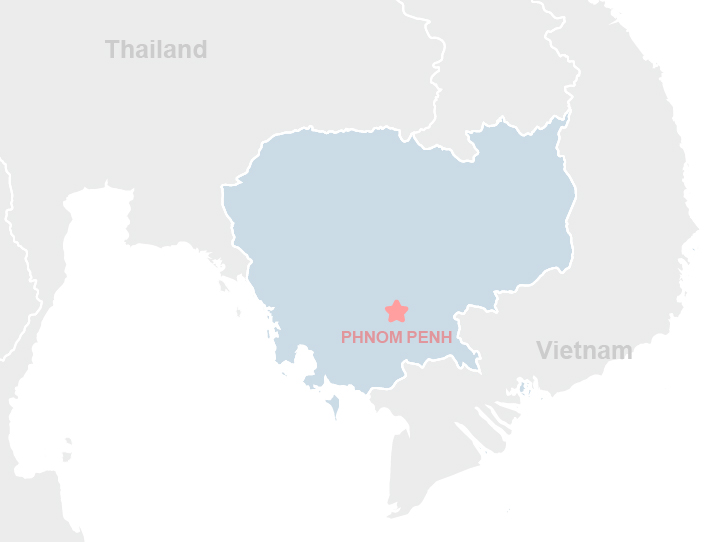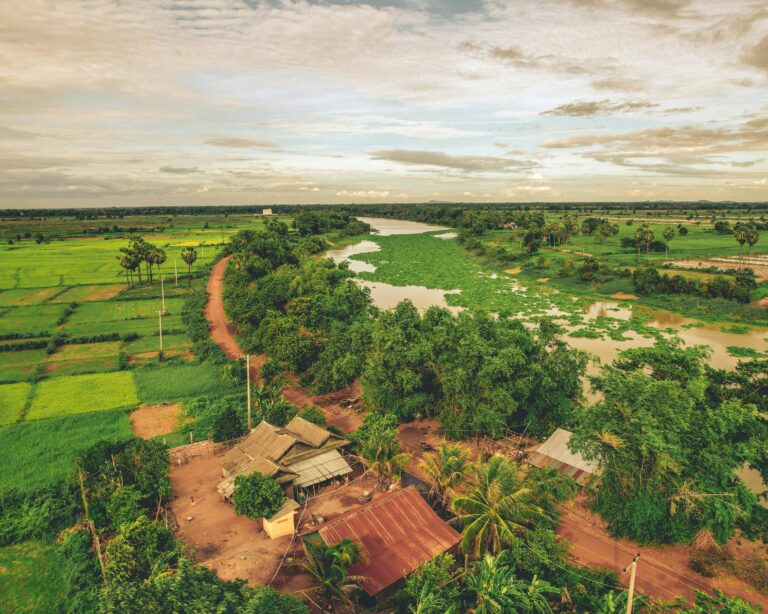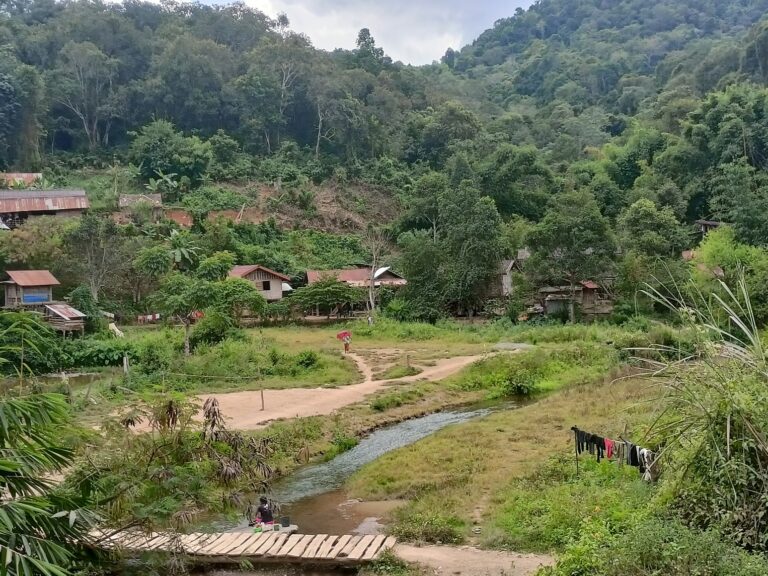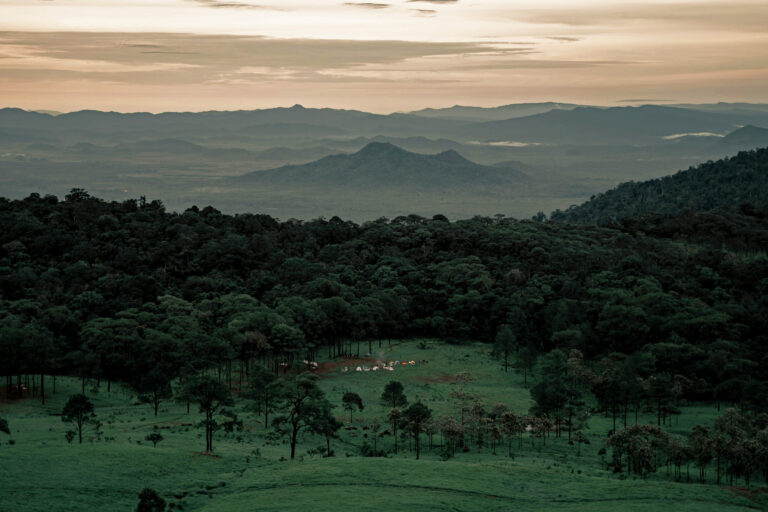Project Description
Despite Cambodia’s progress in climate data accessibility through national platforms, local adaptation planning remained limited by gaps in data utility and access at the sub-national level. To address this, the UN-supported Local Information System for Adaptation (LISA) project aimed to enhance decentralized, climate risk-informed planning by developing a user-friendly, web-based climate information system. Aligned with Cambodia’s National Adaptation Plan (NAP) process under the Green Climate Fund’s Readiness Program, LISA sought to empower local authorities and communities to make informed decisions in response to climate change.
Objectives, Activities, and Results
ICEM led the project through four main components. First, it developed an implementation plan and M&E framework to guide project delivery. Second, ICEM reviewed Cambodia’s existing climate data platforms and institutional arrangements to identify best practices for integration. Third, it conducted a local-level climate risk assessment in a selected municipality and held participatory consultations to identify user needs. Finally, ICEM designed and developed the LISA platform, including system architecture, data protocols, and capacity-building tools. The assignment concluded with stakeholder workshops to build system ownership and facilitate uptake. LISA bridged national-local data gaps and strengthened sub-national adaptation planning, contributing directly to Cambodia’s climate resilience efforts.




